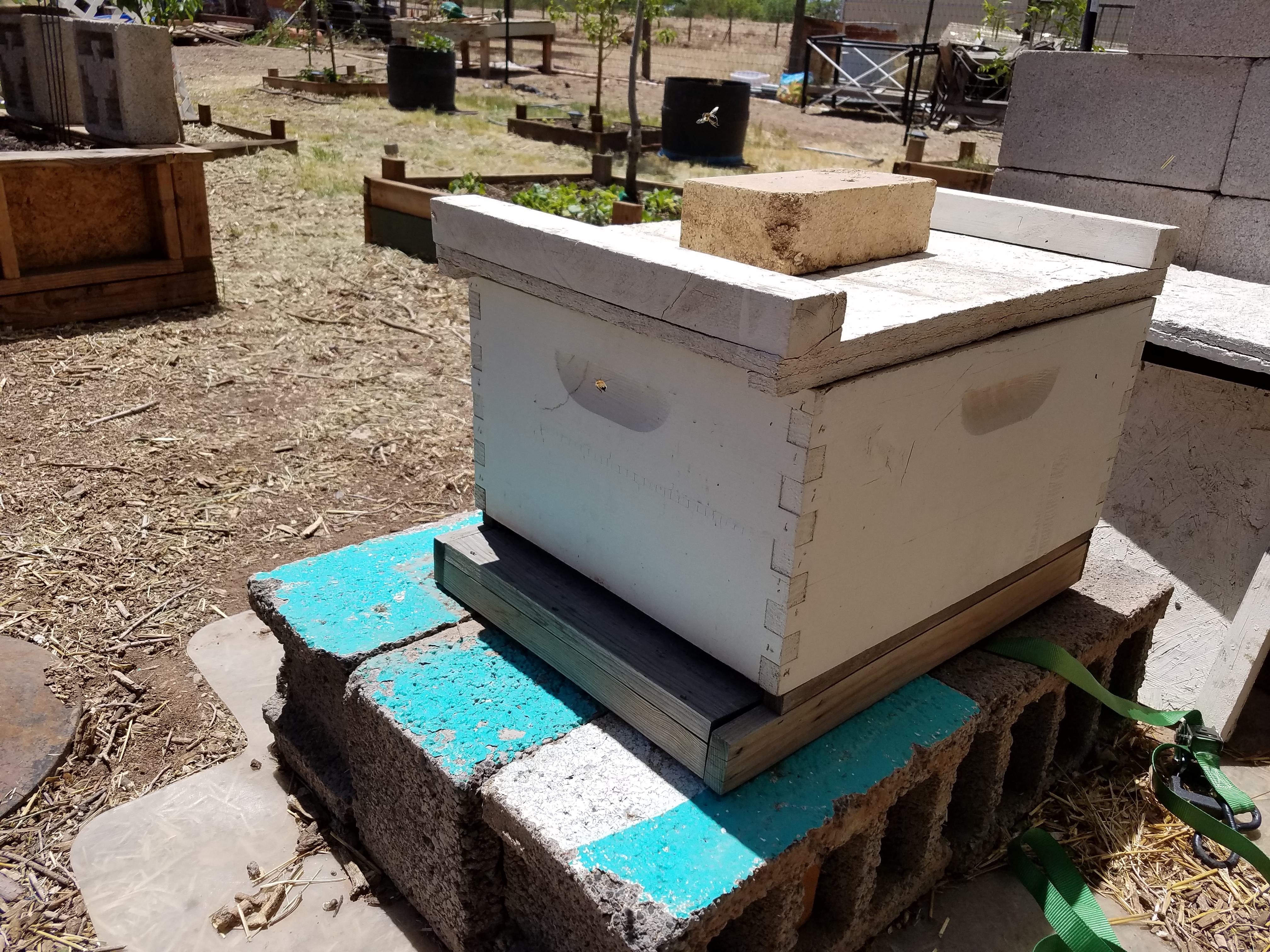Greetings fellow suburbanites and backyard farmers!
Have you ever picked up a copy of a magazine like “Countryside” or “Mother Earth News” and wished you were set up to be totally self sufficient? Being able to do for ourselves rather than always being dependant on society is a fundamental human need. And at the same time many of us enjoy the convenience and diversity of experiences living near to towns and cities can offer. Some need to be close to medical facilities, some have jobs in town and want to reduce their impact on the planet by using alternate forms of transportation, or just not have to drive a great distance.
Whatever your reason for staying relatively close to larger communities, you may be asking how do we become as self-sustaining as possible? How can we create a healthy non-polluting personal environment? How can we have the best of all worlds?
This website focuses on these questions and you will see many articles that may look like they came from a rural community related to construction, food preservation, organic gardening and much more. My personal observations have been gathered over the years from living in the high desert, and since I am over 60 with the aches and pains earned honestly, I also have some tips and advice for older suburban homesteaders.
 To Start With…
To Start With…
How much do you know about your property? Or, if you are looking to buy a home what should you seek in your quest for self-sustainability? Things you should assess include:
Property – Is there enough room for a garden? Is it fenced? Are there sheds or other structures outside? Is there a well?
Government restrictions – Be sure you understand what you are allowed and not allowed to do in your community. For instance, many counties in New Mexico and Colorado do not allow you to catch and use the rainwater coming off of your own roof! Albuquerque is in Bernalillo County. Although my half acre has an Albuquerque address, it is outside the city limits. This means I abide by the laws of Bernalillo County without the added city regulations. My property runs along an acequia (agricultural water ditch) only a quarter mile from the Rio Grande. Although the house is on city water, I have a grandfathered well only 18 feet deep for gardening water.
Income Potential – What are the zoning restrictions in the neighborhood? Most residential neighborhoods can house small businesses as long as there is no “foot” traffic. The county and/or town government may have restrictions on the types of things people are allowed to manufacture on the property.
Critters – Does your town or county let you have backyard livestock? Horses? chickens? Bees? What is the limit on how many you can keep?
Transportation and Roads – Is your street kept up by the county or do you have to pay for private road maintenance? Is there nearby access to buses, trams or railways?
Community – Is the area you want to live in friendly? Are there known “drug houses” in the area? Is there a neighborhood watch?
Apartments – If you need to live in an apartment, you may want to choose a lower floor with the balcony side facing south. This offers more options for growing plants. Although the upper floors may have better views, having that floor above you means your heating/cooling costs will be lower.
Trash – What’s the story for your trash – do you have to use a contractor specified by the county or are there options? Is there a recycle program in the area?
Houses – What options does your house have for heating/cooling if the grid is down? Does the house have adequate pantry space to store food for a lengthy period of time? Emergency supplies? Is the house in an area that is subject to wildfire or floods? If in the mountains is there space between the house and any fir trees in case of forest fires?
HOA’s – Most Home Owner’s Associations are nasty little pieces of work. They are more concerned with everyone keeping their places neat, clean and exactly alike than with allowing any form of individuality. One HOA in Plainfield, Indiana has nice big houses and lawns and they dictate what color christmas lights the residents are allowed to put up each year! Read their rules carefully if you are wanting to buy in any area with an HOA. Will they allow a vegetable garden at all? Can you plant them in the front yard? How about solar panels? Wind? Can you set out a clothesline?
Whether you already have property or are looking for a place it is good to know the issues – what can you do and what might get you in trouble!

Leave a Reply